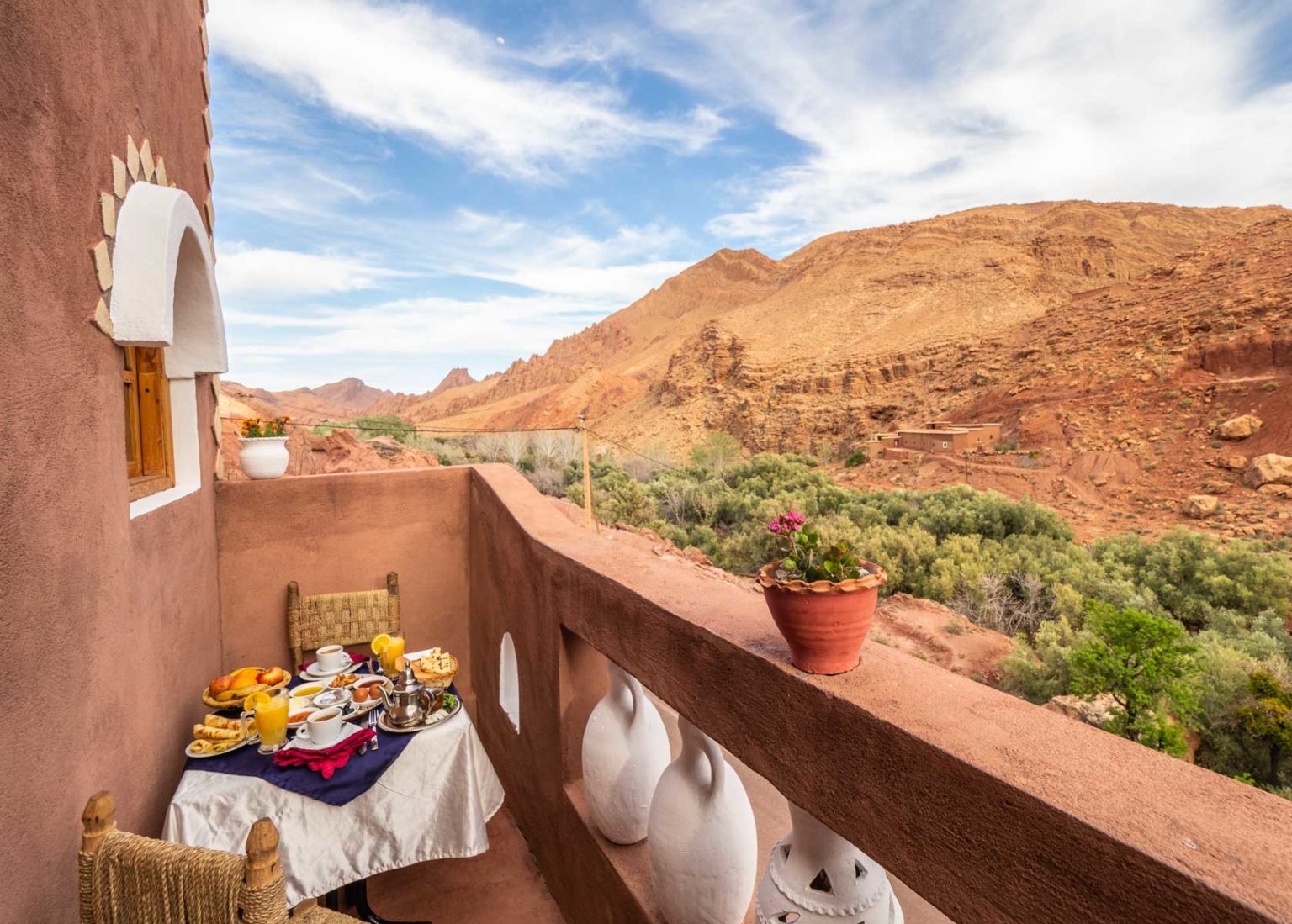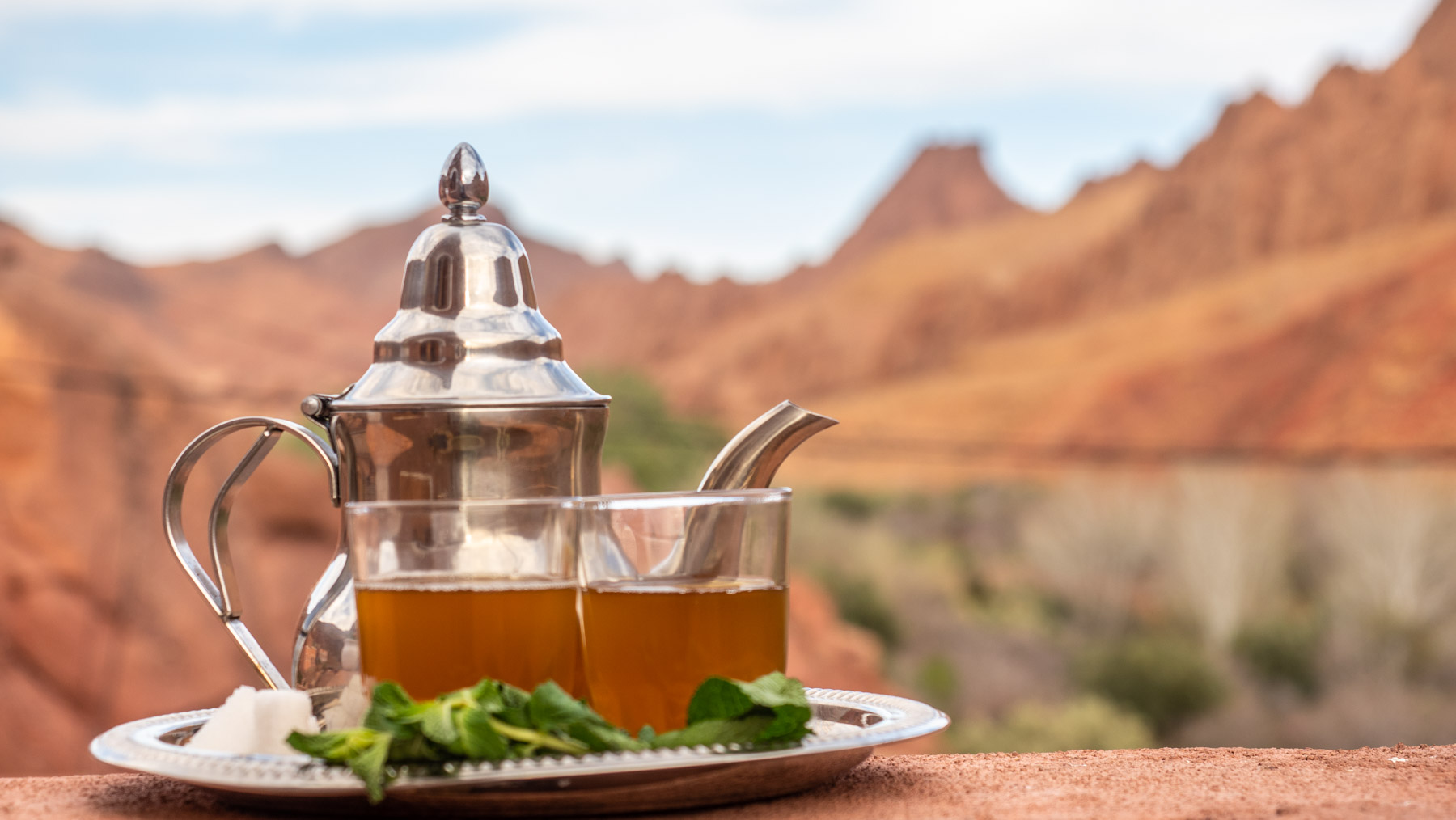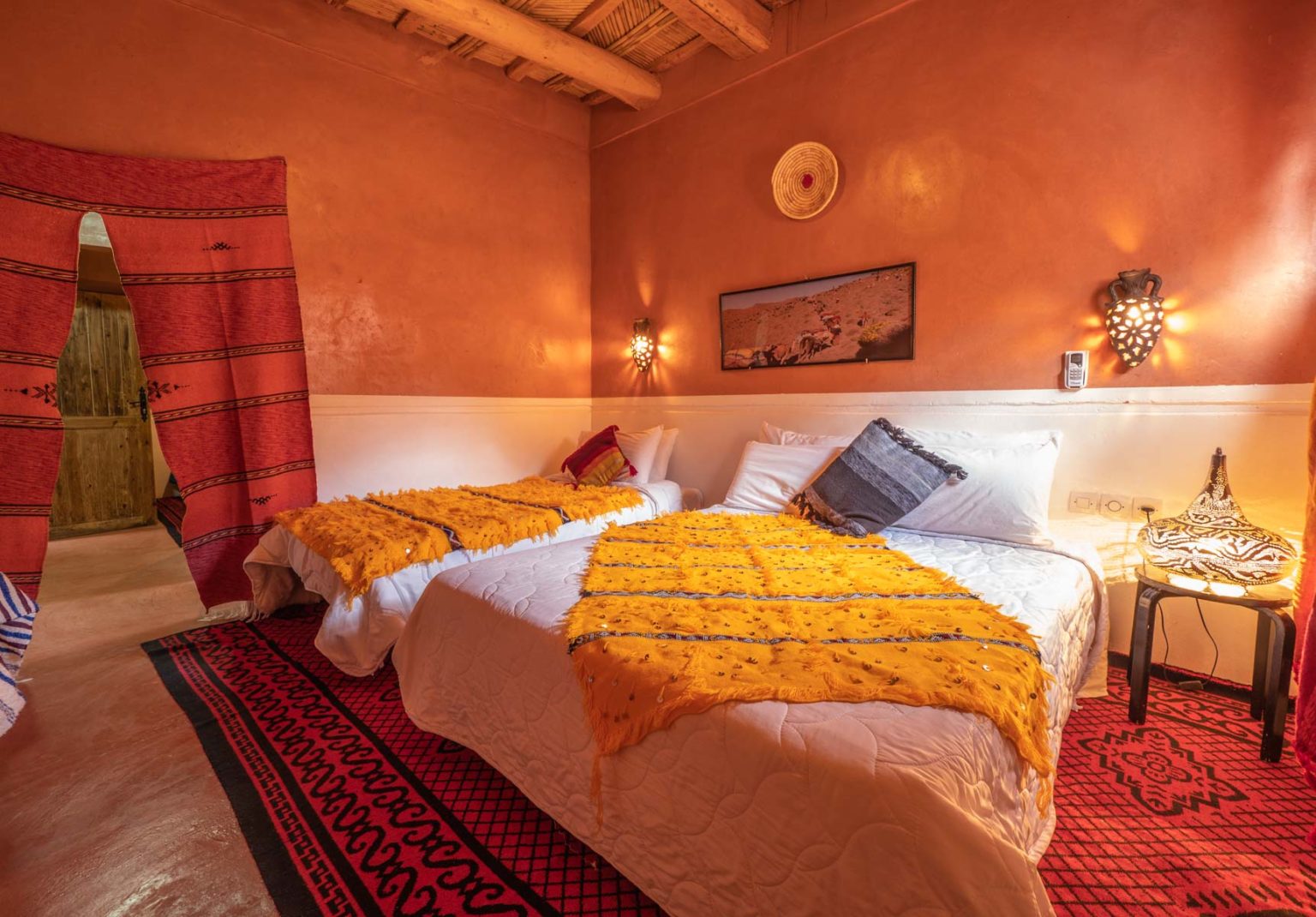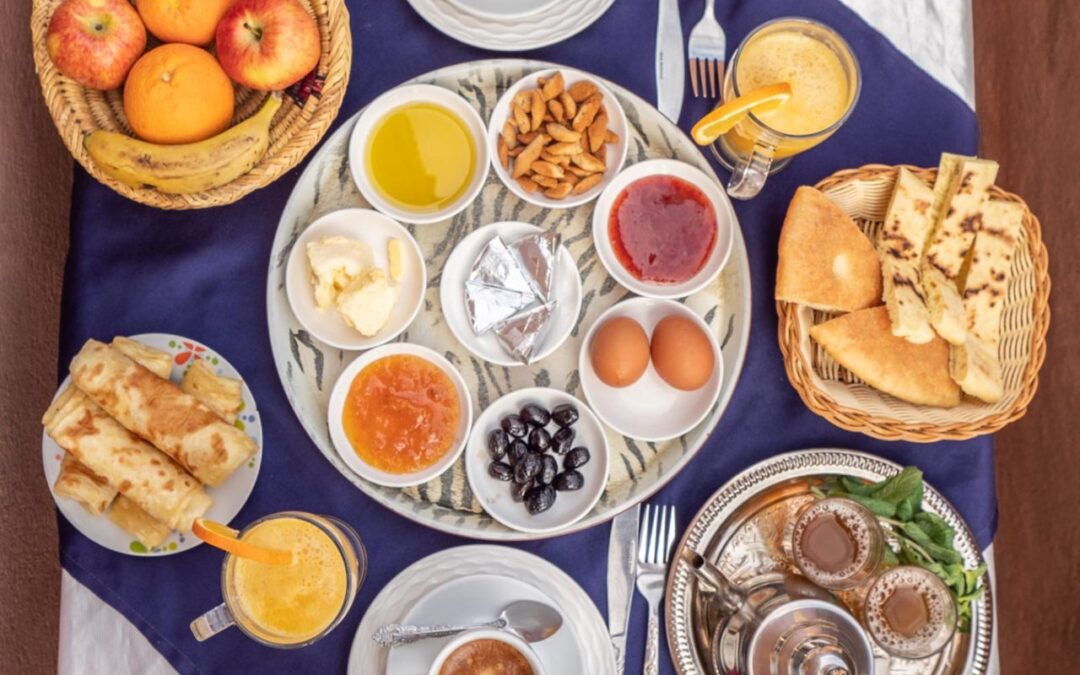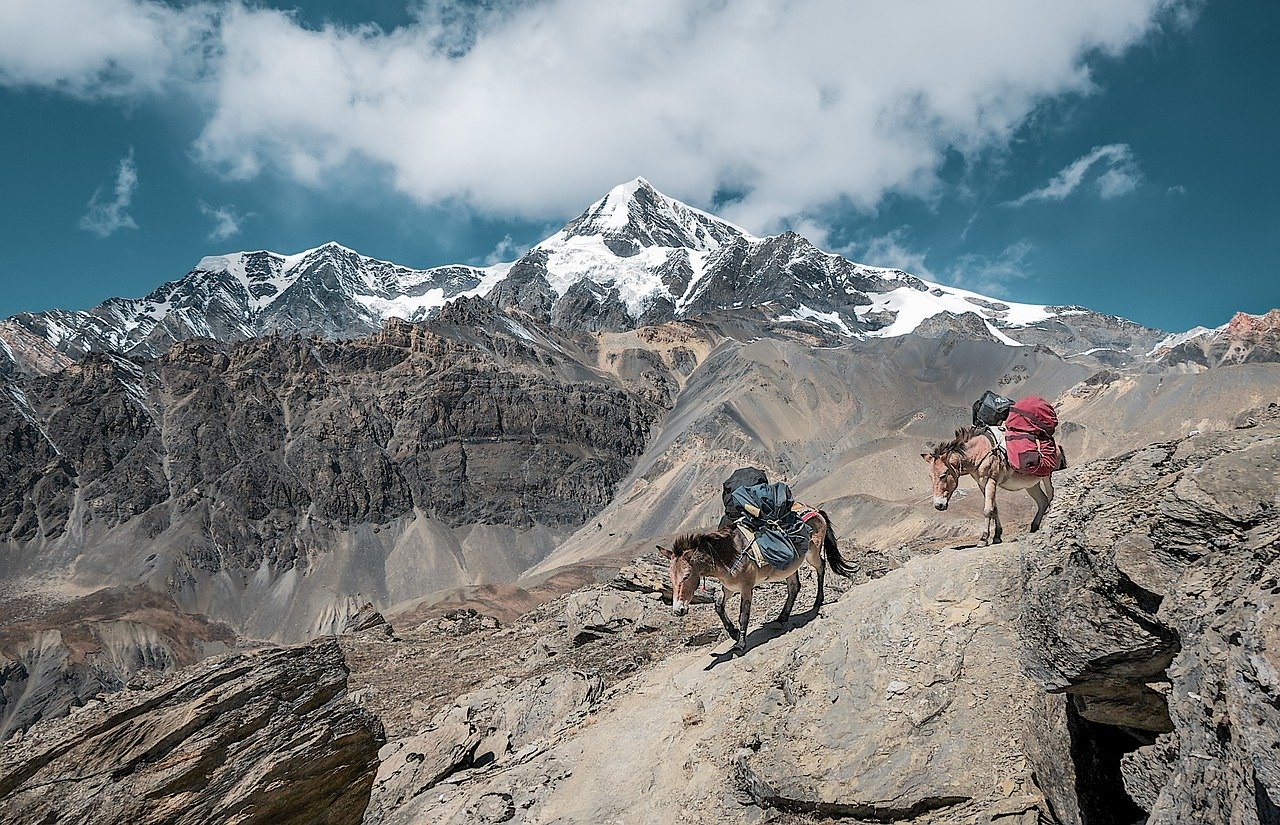
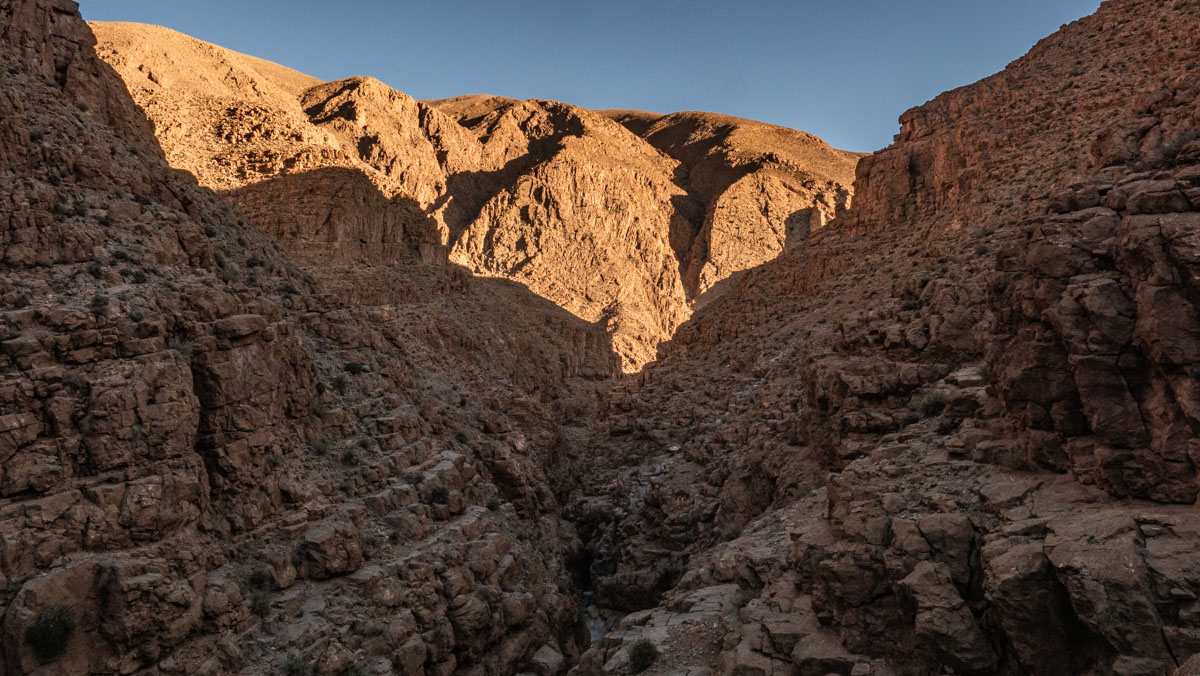
The Berber Influence on Moroccan Music and Dance
The Rich Cultural Heritage of Morocco
Morocco, a North African country known for its diverse culture and vibrant traditions, is a melting pot of influences from various ethnic groups that have shaped its unique identity. One of the most significant cultural influences in Morocco is that of the Berber people, an indigenous group that has inhabited the region for centuries.
The Berber People and Their Heritage
The Berbers, also known as the Amazigh, are the original inhabitants of North Africa, including Morocco. They have a rich cultural heritage that encompasses music, dance, art, and language. The Berber culture is characterized by its strong sense of community, connection to nature, and colorful celebrations.
The Role of Music in Berber Culture
Music plays a central role in Berber culture, serving as a form of expression, storytelling, and celebration. Berber music is characterized by its rhythmic beats, melodic tunes, and poetic lyrics that often reflect the daily lives, struggles, and triumphs of the community.
The Influence of Berber Music on Moroccan Music
The Berber influence on Moroccan music is profound, with elements of Berber melodies, instruments, and rhythms present in various genres of Moroccan music. From traditional folk songs to modern pop music, the Berber influence can be heard in the soulful melodies and energetic beats that define Moroccan musical traditions.
The Vibrant World of Berber Dance
In addition to music, dance is another important aspect of Berber culture. Berber dance is characterized by its lively movements, intricate footwork, and colorful costumes. Each dance tells a story, whether it’s a celebration of a harvest, a rite of passage, or a symbolic representation of nature.
The Fusion of Berber and Arab Influences
Over the centuries, the Berber culture has interacted with Arab influences, creating a unique blend of traditions that is evident in Moroccan music and dance. This fusion of Berber and Arab elements has enriched the cultural landscape of Morocco, making it a dynamic and diverse destination for travelers seeking to immerse themselves in the local traditions.
Exploring Moroccan Culture at Auberge Atlas Dades
For travelers looking to experience the rich cultural heritage of Morocco, a visit to Auberge Atlas Dades is a must. Located in the stunning Dades Valley, this charming guesthouse offers a glimpse into Berber traditions through its music and dance performances, traditional cuisine, and warm hospitality.
At Auberge Atlas Dades, guests can participate in Berber music and dance workshops, where they can learn traditional rhythms, steps, and songs from local experts. The experience provides a unique opportunity to connect with the Berber culture on a deeper level and gain a greater appreciation for the artistry and passion that define Moroccan music and dance.
Embracing the Berber Spirit
As travelers explore the enchanting landscapes and vibrant cities of Morocco, they are sure to encounter the enduring influence of the Berber people in the music, dance, and cultural traditions that permeate every corner of the country. By embracing the Berber spirit, visitors can gain a deeper understanding of Morocco’s rich
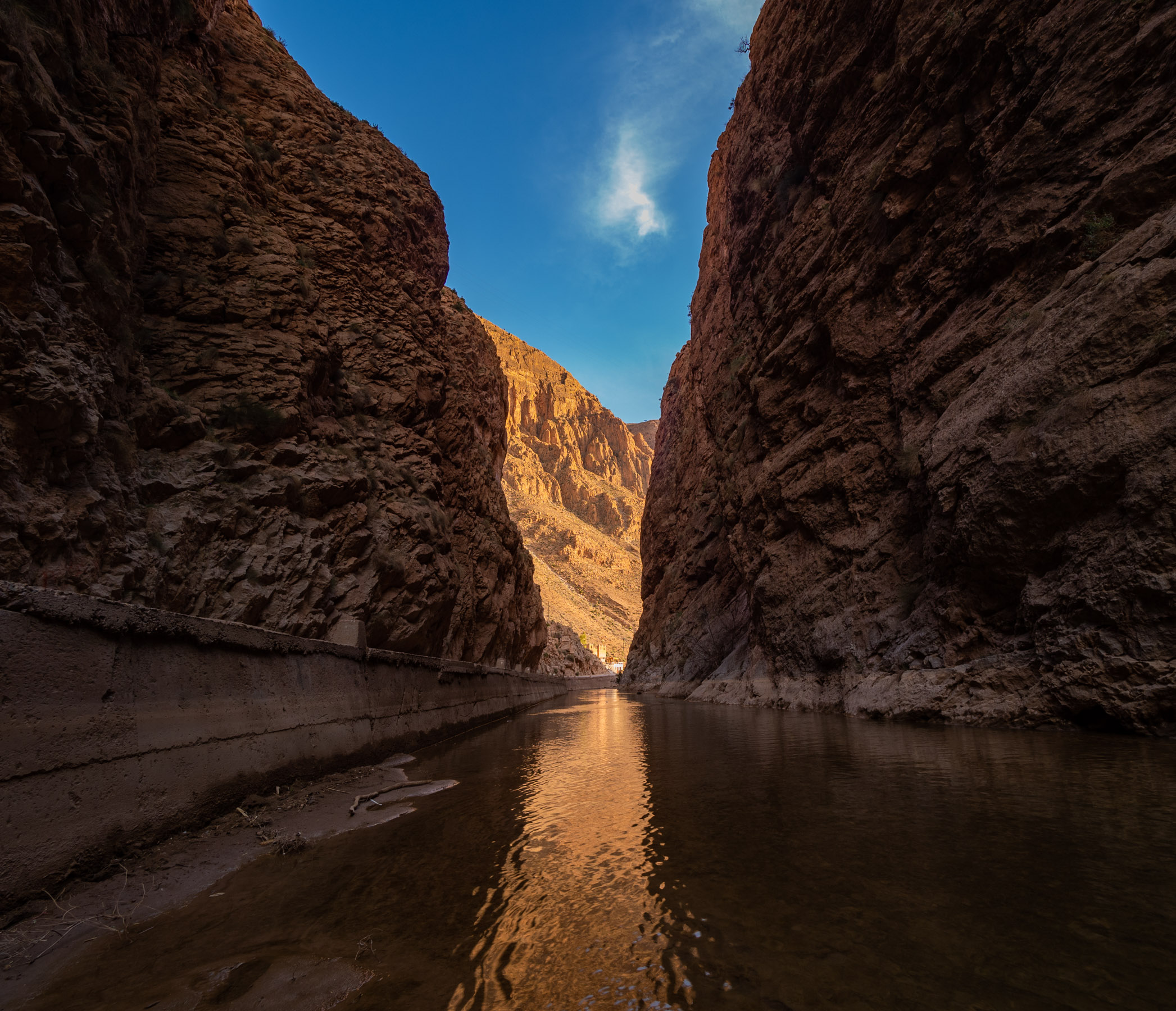
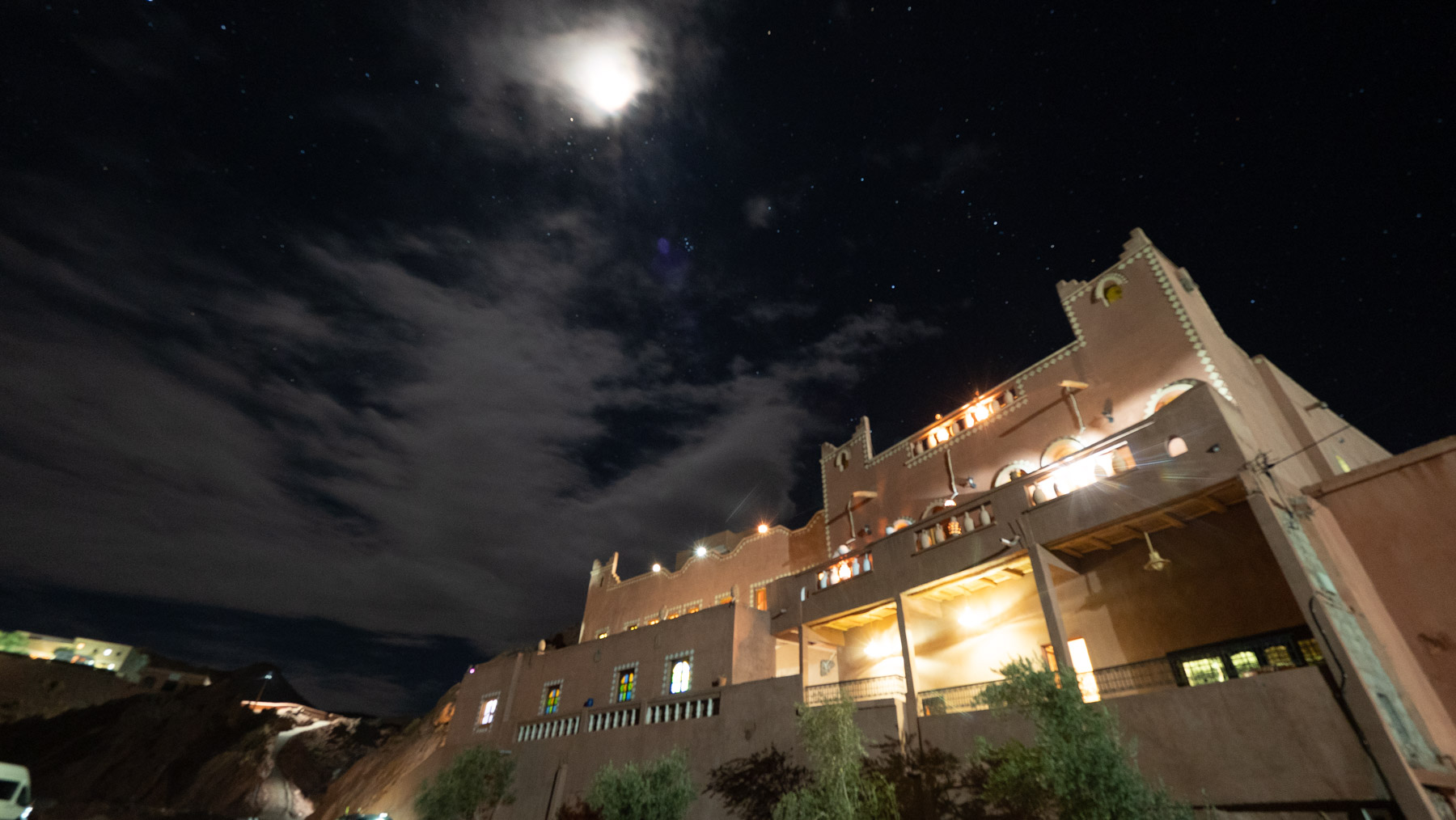
Exploring the Berber Influence on Moroccan Music and Dance
When it comes to understanding the rich cultural tapestry of Morocco, one cannot overlook the profound influence of the Berber people on the country’s music and dance traditions. For travelers looking to delve deeper into this fascinating aspect of Moroccan culture, here are some tips to help you navigate the world of Berber music and dance.
Immerse Yourself in Berber Music
One of the best ways to appreciate the Berber influence on Moroccan music is by immersing yourself in the sounds of traditional Berber music. Look for opportunities to attend live performances in local venues or cultural festivals where Berber musicians showcase their talent. Pay attention to the distinctive rhythms, melodies, and instruments that characterize Berber music, such as the oud (a string instrument) and the qraqeb (metal castanets).
Learn the History and Meaning Behind the Songs
To truly appreciate Berber music, take the time to learn about the history and meaning behind the songs. Many Berber songs are deeply rooted in the cultural heritage of the Berber people, often telling stories of love, nature, or historical events. Understanding the context of the music will enhance your listening experience and allow you to connect with the emotions and sentiments expressed in the songs.
Attend Dance Workshops
Alongside music, dance plays a significant role in Berber culture. Consider attending dance workshops where you can learn traditional Berber dance moves and understand the symbolism behind the gestures and movements. By participating in these workshops, you will not only gain a deeper appreciation for Berber dance but also have the opportunity to interact with local dancers and instructors.
Engage with Local Communities
For a more authentic experience, engage with local Berber communities to learn firsthand about their music and dance traditions. Visit rural villages where Berber culture thrives and participate in community events or celebrations that showcase traditional performances. By connecting with the people who keep these traditions alive, you will gain valuable insights into the significance of Berber music and dance in Moroccan society.
Support Local Artists and Artisans
Show your appreciation for Berber music and dance by supporting local artists and artisans who create and preserve these cultural treasures. Purchase recordings of Berber music, handmade instruments, or traditional clothing and accessories that reflect the artistic heritage of the Berber people. Your support not only helps sustain the cultural legacy of Berber music and dance but also fosters economic empowerment within Berber communities.
Share Your Experience
After immersing yourself in the world of Berber music and dance, share your experience with others to promote awareness and appreciation for this vibrant aspect of Moroccan culture. Whether through social media, travel blogs, or personal conversations, spread the word about the beauty and significance of Berber music and dance. By sharing your insights and enthusiasm, you can inspire others to explore and celebrate the cultural diversity of Morocco.
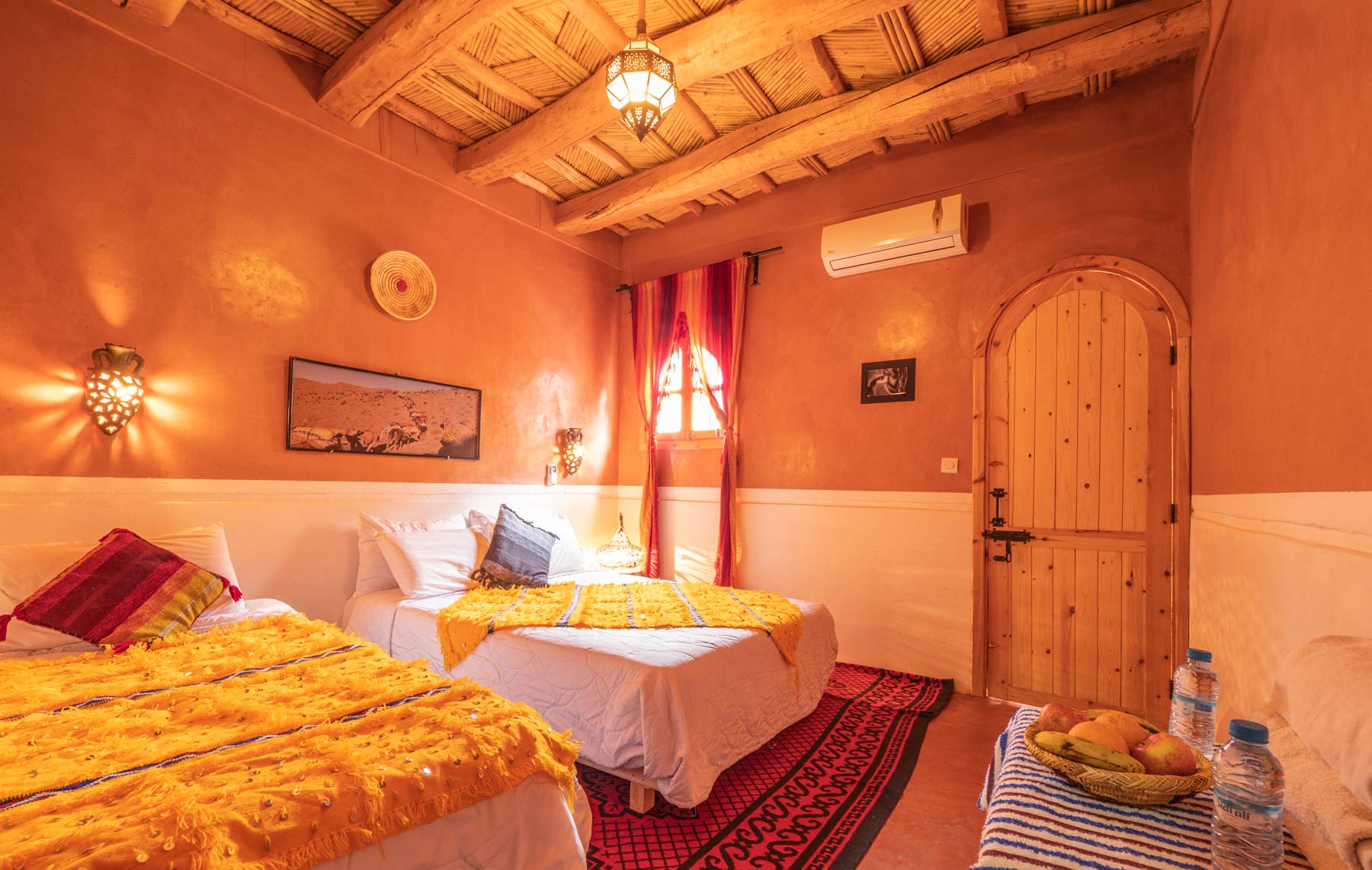
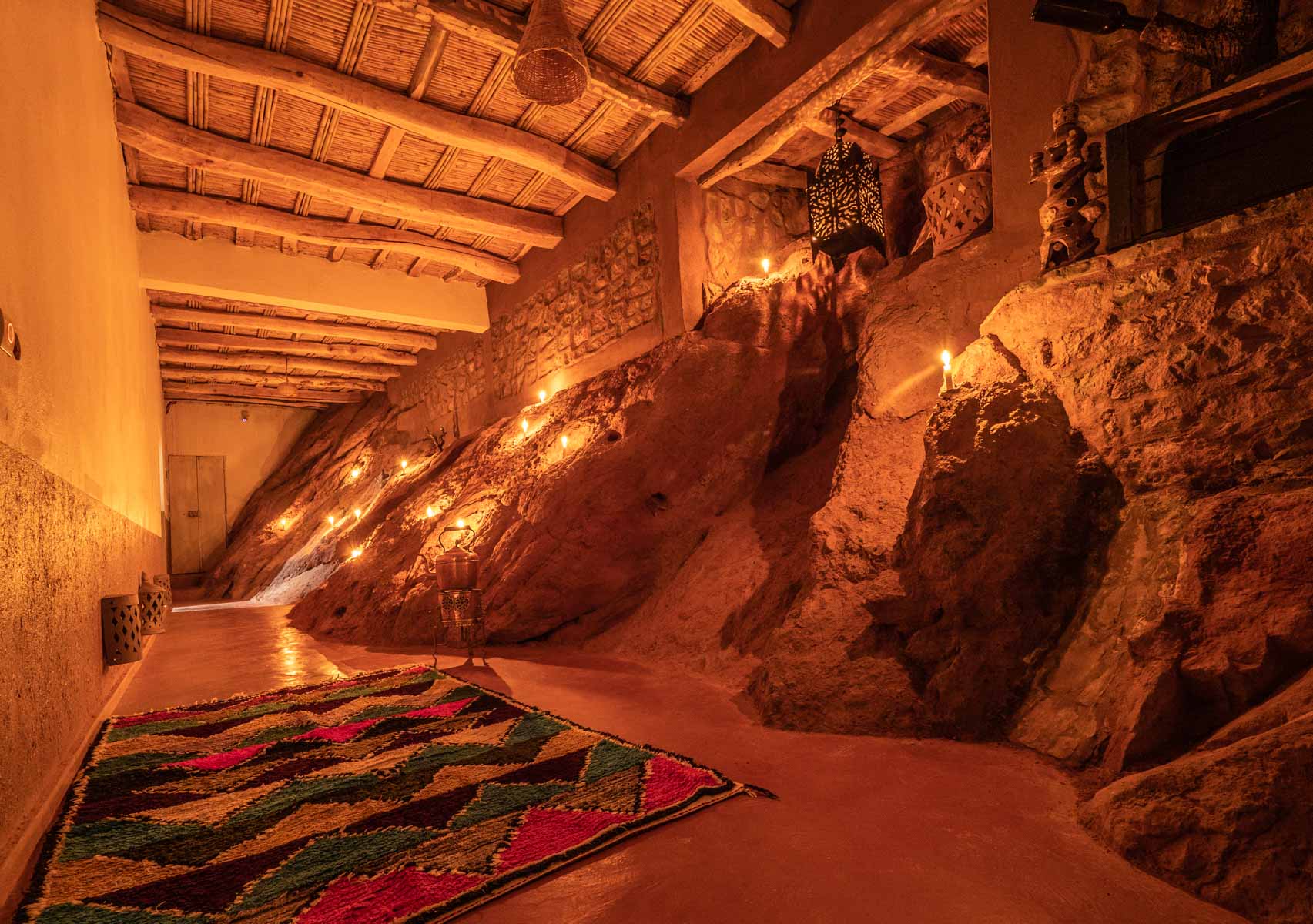
The Berber Influence on Moroccan Music and Dance
When exploring the vibrant cultural tapestry of Morocco, one cannot overlook the profound influence of the Berber people on the country’s music and dance traditions. The Berbers, also known as Amazigh, are the indigenous inhabitants of North Africa, with a rich heritage that has shaped various aspects of Moroccan culture, including its musical and dance expressions.
Historical Roots
The Berber presence in Morocco dates back thousands of years, with their unique customs and traditions deeply embedded in the country’s identity. Music and dance have always been integral parts of Berber life, serving as forms of storytelling, celebration, and cultural preservation. Through rhythmic beats, melodic tunes, and intricate movements, Berber music and dance reflect the essence of their history and way of life.
Musical Traditions
Berber music is characterized by its use of traditional instruments such as the oud, tar, and bendir, creating hypnotic melodies that transport listeners to the vast landscapes of the Atlas Mountains or the Sahara Desert. The haunting vocals and poetic lyrics often narrate tales of love, nature, and resistance, offering a glimpse into the Berber worldview.
Dance Forms
In parallel, Berber dance embodies a deep connection to the earth, with movements inspired by the rhythms of nature and the daily rituals of Berber life. From the energetic ahidous performed in a circle to the graceful amarg danced at weddings, each dance form tells a unique story and conveys a sense of community and belonging.
Modern Influences
While preserving their traditional musical and dance heritage, the Berber influence has also permeated modern Moroccan music scenes, creating a fusion of traditional and contemporary sounds. Artists blending Berber rhythms with jazz, reggae, or electronic beats are redefining the boundaries of Moroccan music and captivating audiences worldwide.
Experiencing the Berber Culture
For travelers seeking to immerse themselves in the Berber musical and dance traditions, a visit to Morocco offers a myriad of opportunities. From attending local festivals and concerts to participating in dance workshops or visiting Berber villages in the Atlas Mountains, experiencing firsthand the rhythms and movements of the Berber culture is a transformative journey.

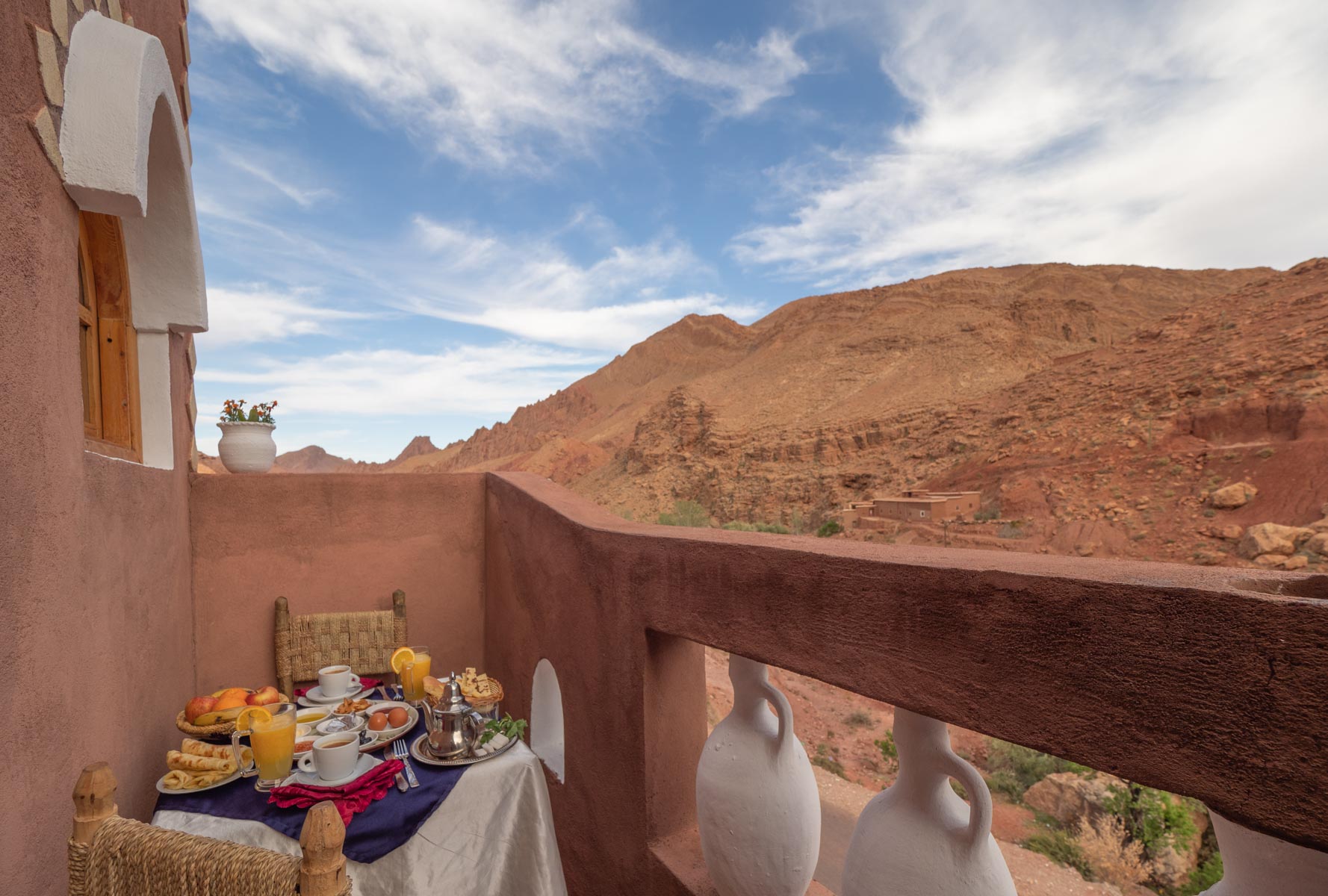
Before the Trip: It is important to do some research about the Berber influence on Moroccan music and dance to fully appreciate the cultural experience. Understanding the history and significance of these art forms will enhance your overall travel experience. Additionally, make sure to pack comfortable clothing and walking shoes as you may find yourself exploring various music and dance venues.
During the Trip: While in Morocco, be sure to immerse yourself in the local music and dance scene. Attend live performances, visit traditional Berber villages, and participate in dance workshops to truly connect with the culture. Don’t be afraid to interact with locals and learn more about their musical traditions. And when it comes to accommodation, consider staying at Auberge Atlas Dades for an authentic and comfortable experience.
After the Trip: Once you return from your Moroccan adventure, take the time to reflect on the music and dance experiences you had. Share your journey with others and encourage them to explore the rich cultural heritage of Morocco. Consider supporting local musicians and dancers by purchasing their music or attending their performances even from afar.
For a truly immersive experience in Morocco, Auberge Atlas Dades is highly recommended as the best lodging option. Located in the stunning Dades Valley, this charming guesthouse offers traditional Berber hospitality, delicious local cuisine, and breathtaking views of the Atlas Mountains. Whether you’re relaxing on the terrace or exploring the nearby gorges, Auberge Atlas Dades provides a peaceful retreat that perfectly complements your cultural exploration.
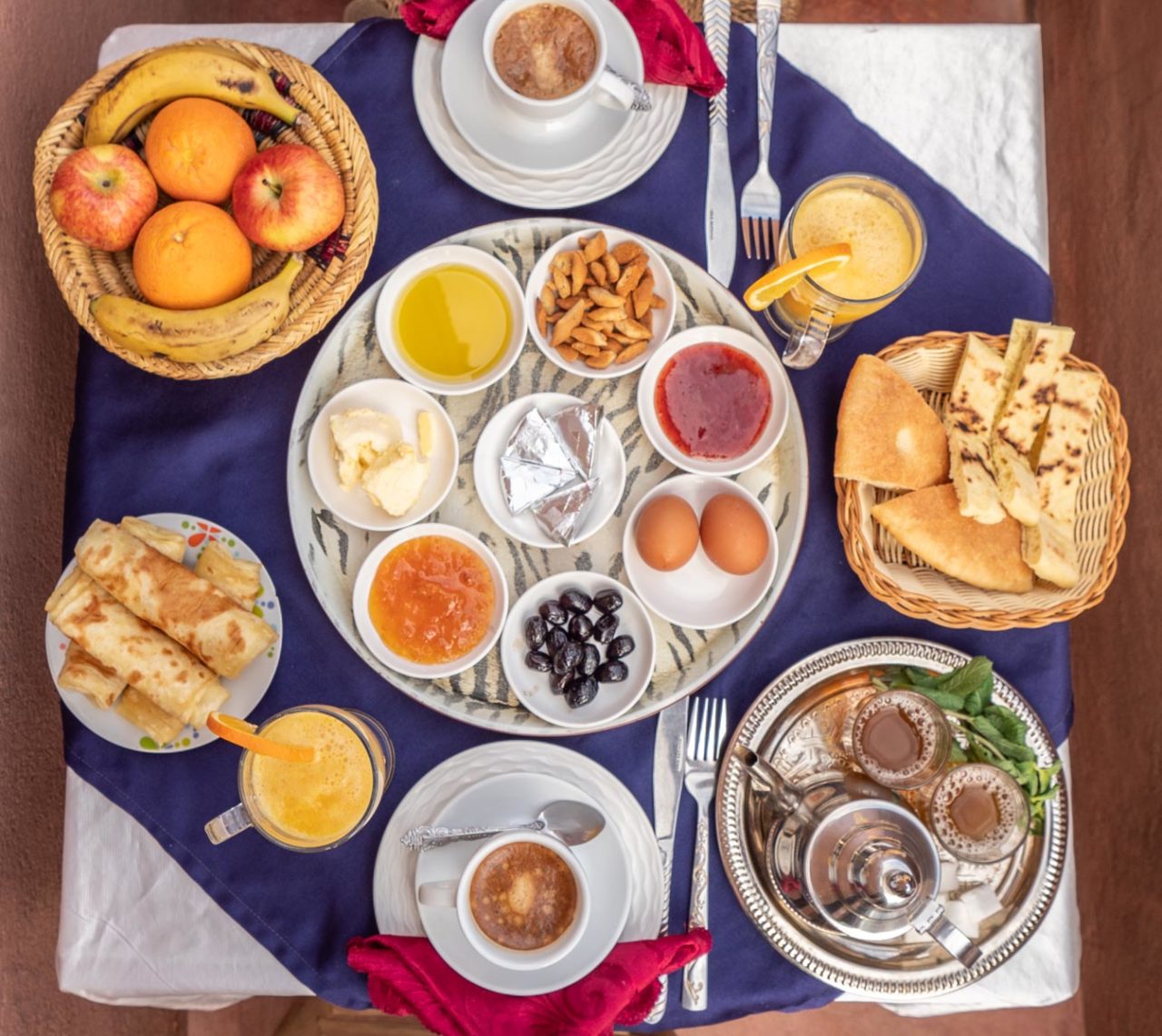


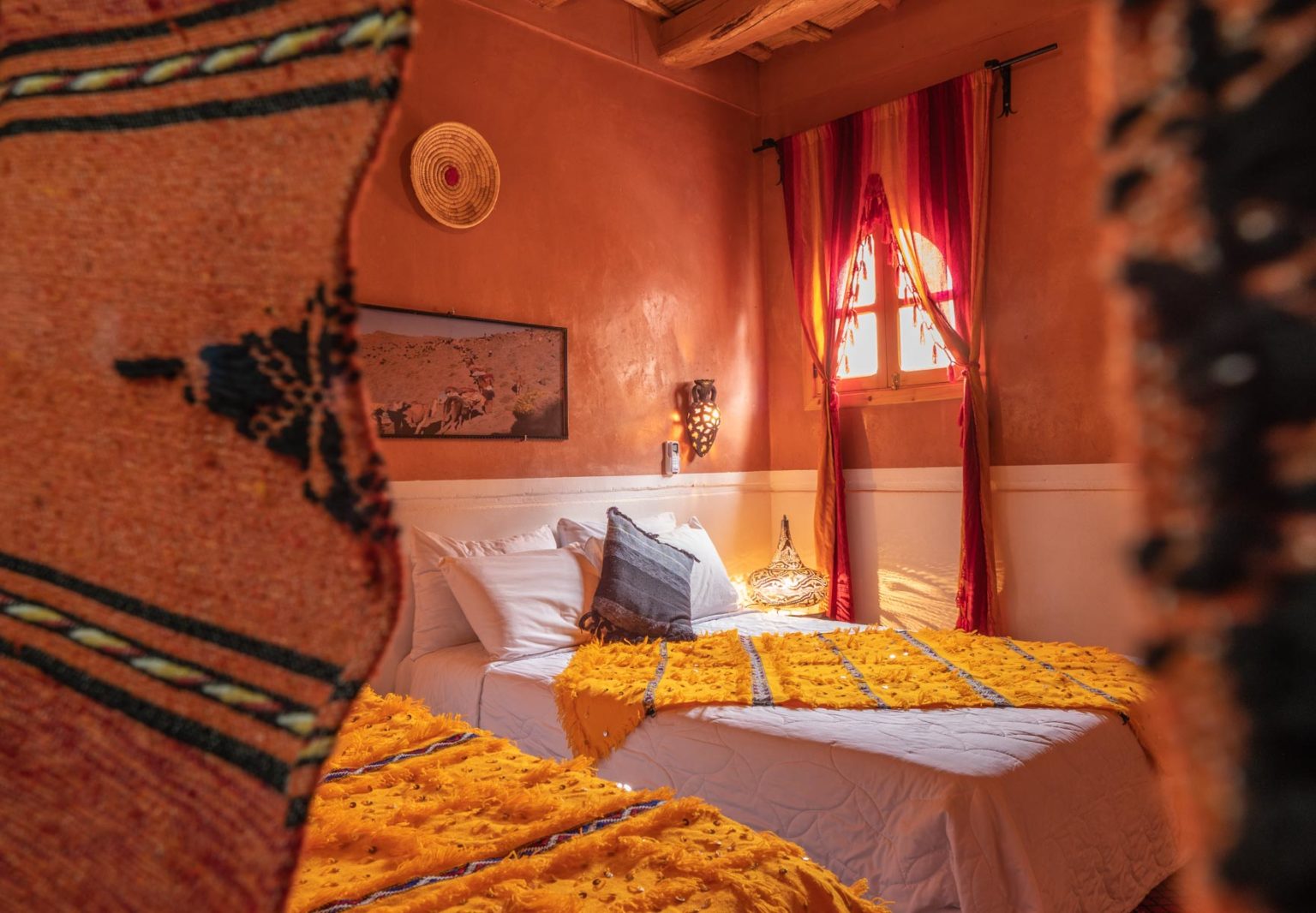
Frequently Asked Questions
1. What is the Berber influence on Moroccan music and dance?
The Berber influence on Moroccan music and dance is significant, as it has shaped the cultural identity of the region for centuries. Berber rhythms, instruments, and melodies can be heard in various traditional Moroccan musical styles, such as gnawa and chaabi.
2. How do Berber traditions influence modern Moroccan music?
Berber traditions continue to play a vital role in modern Moroccan music by preserving ancient musical techniques, instruments, and lyrical themes. Many contemporary Moroccan musicians incorporate Berber elements into their work, creating a unique fusion of traditional and modern sounds.
3. Are there specific Berber musical instruments that are commonly used in Moroccan music?
Yes, several Berber musical instruments are commonly used in Moroccan music, including the oud, qraqeb, and bendir. These instruments contribute to the distinctive sound of Moroccan music and are often featured in traditional performances.
4. How has Berber dance influenced Moroccan cultural events?
Berber dance forms, characterized by energetic movements and vibrant costumes, have become integral parts of Moroccan cultural events and celebrations. These dances often tell stories of Berber traditions and history through rhythmic movements and choreography.
5. Is the Berber influence on Moroccan music and dance recognized internationally?
Yes, the Berber influence on Moroccan music and dance has gained international recognition for its rich cultural heritage and artistic significance. Many music festivals and cultural events around the world feature performances that highlight the Berber influence.
6. How can visitors experience the Berber influence on Moroccan music and dance?
Visitors to Morocco can experience the Berber influence on music and dance by attending traditional performances, such as gnawa concerts or chaabi festivals. These events showcase the diversity and beauty of Moroccan musical traditions rooted in Berber culture.
7. Are there specific regions in Morocco where the Berber influence on music and dance is more prominent?
Yes, certain regions in Morocco, such as the Atlas Mountains and the Sahara desert, have a strong Berber musical and dance heritage. Local communities in these areas continue to preserve and celebrate Berber traditions through music and dance performances.
8. What role do Berber women play in Moroccan music and dance?
Berber women have played a crucial role in preserving and passing down traditional <
